 |
| June 02, 2020 |
Dear Reader,
Following the police killing of George Floyd, protests against police brutality toward Black people have been taking place in cities around the world. Police violence is one of many racial injustice issues that black communities have to contend with in America. The enormous health inequities that affect nonwhite individuals in the U.S. are no secret. Right now, African Americans are bearing the brunt of the coronavirus pandemic. Also, an analysis of federal flood insurance payments shows that flooding in the U.S. disproportionately harms black neighborhoods. One of our stories featured below explains how the impacts of floods can exacerbate existing racial and social inequality. Also included in today's news roundup, a look into the way music synchronizes the brains of performers and their audience. And our top story today: a molecular biologist and a Bible scholar have developed a new technique using DNA sequencing to discover secrets about the 2,000-year-old Dead Sea Scrolls. |
| | Sunya Bhutta, Senior Editor, Audience Engagement
@sunyaaa | |
 |
| |
| |
| |
| |
| |
| |
| |
FROM THE STORE
 | | | |
| |
FROM THE ARCHIVE
 | | | |
| QUOTE OF THE DAY
 "The problem is that once trust is lost, it is very difficult to get it back. Societies can thus get trapped in a feedback loop of corruption, distrust and inequality. Corruption drives inequality and distrust, whereas distrust drives even deeper inequality. Voters may realize they would benefit from policies that reduce inequality, but their distrust of one another and of their institutions prevents the political system from acting in the way they would prefer." Bo Rothstein, August Röhss Chair in Political Science at the University of Gothenburg | |
LATEST ISSUES
 |
| |
| Questions? Comments?  | |
| Download the Scientific American App |
| |
| |







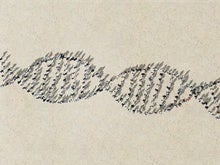

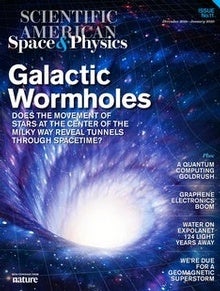

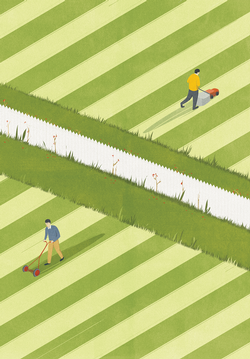
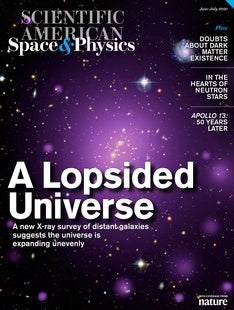


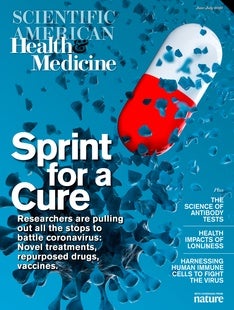




Comments
Post a Comment